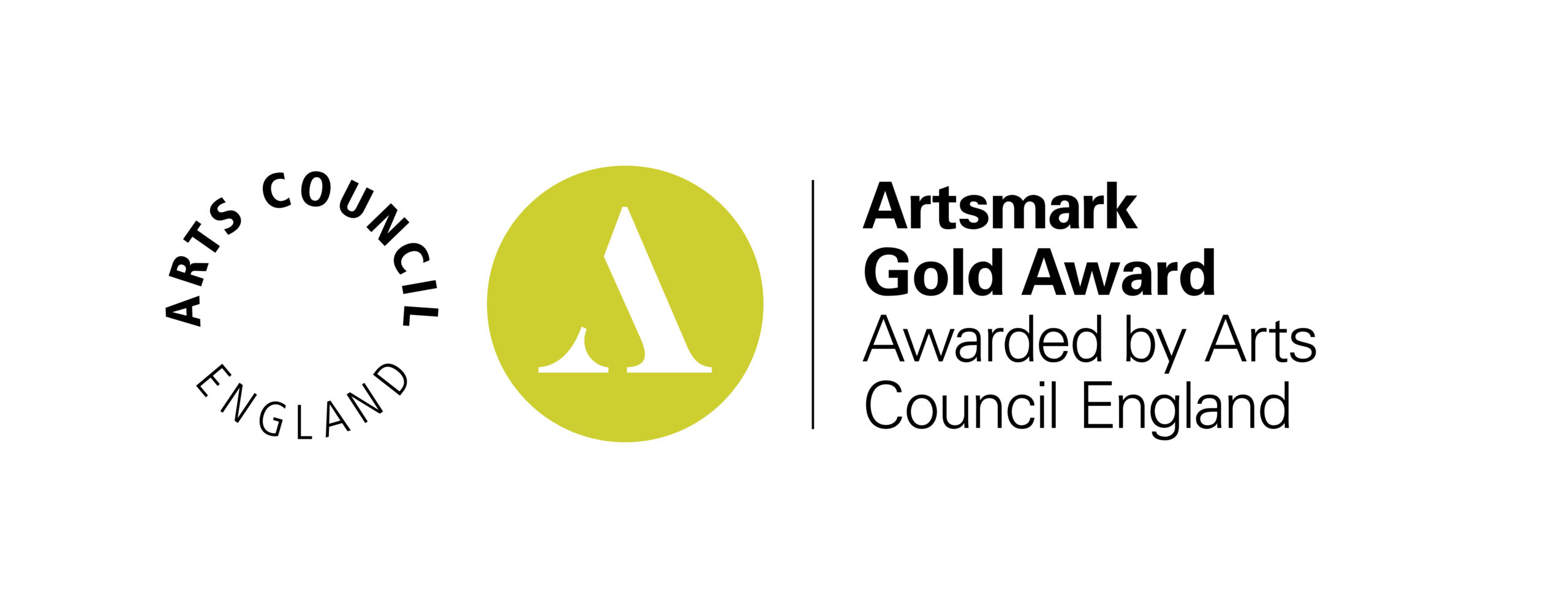Why study geography?
Geography gives students the opportunity to understand more about the world, the challenges it faces and their place within it. The course will deepen understanding of geographical processes, illuminate the impact of change and of complex people-environment interactions, highlight the dynamic links and interrelationships between places and environments at different scales, and develop students’ competence in using a wide range of geographical investigative skills and approaches. Geography enables young people to become globally and environmentally informed and thoughtful, enquiring citizens.
What will I learn?
The changing landscapes of the UK – an overview of the distribution and characteristics of the UK’s changing landscapes and detailed studies of two landscapes – coastal landscapes and processes, river landscapes and processes or, glaciated upland landscapes and processes
Weather hazards and climate change – an overview of the global circulation of atmosphere and climate change over time and two detailed studies of tropical cyclones and drought
Ecosystems, biodiversity and management – an overview of the distribution and characteristics of global and UK ecosystems and two detailed studies of deciduous woodlands and tropical rainforests
How will I be assessed?
Future pathways and careers
- Geography can be continued at Hucknall Sixth Form Centre to further education level
- Higher education courses
- Geography careers offer opportunities to develop solutions to some of the most pressing issues for modern society, including climate change, natural disasters, overpopulation, urban expansion, and multicultural integration.
Course contact
Ms V Lowe
vlowe@queenelizabeths-ac.org.uk




